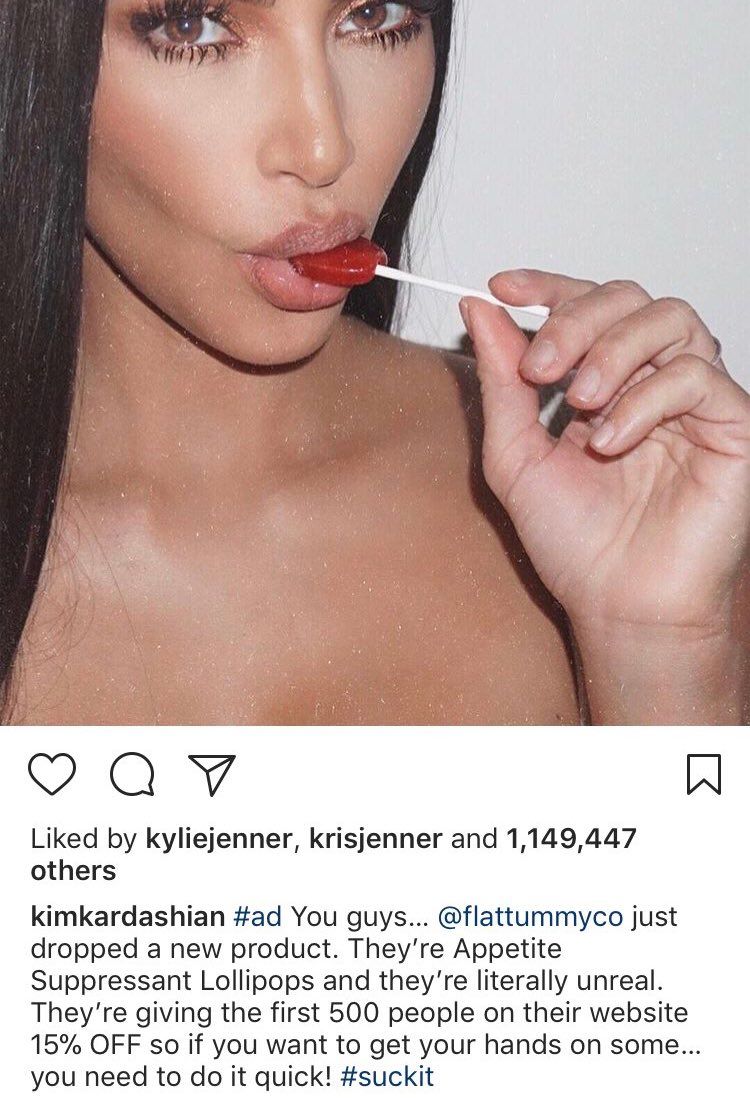Are influencers really there to inspire? Or do they actually affect our lives in a negative way? As a teenager, the world of influencers can seem heavenly, in a way that can cause our self-esteem to plummet; this can increase FOMO and, unfortunately, create anxiety. Heck, it’s not only relevant to teenagers, but everyone has felt this pressure put on us by the ever-so-powerful social media.
The truth is that people only show the sides of themselves that they want the world to see, they want you to see how beautiful they are after a breakup, how amazing their recent vacation was and to show off their clothes that you just can’t afford. And even then, we have to speculate if the side they’re showing is even true at all, that it’s not just a fantasy they conjured up to fulfill their ego.
Influencers Affect Us: With the rise of social media, we’ve become an image-obsessed generation, ready to give up when we haven’t achieved our dreams as “so-and-so.” We feel like failures, ready to give in to any obstacle we encounter.
Our mental state is endangered; influencers can use their power to get you to buy something you don’t need. A common product that is advertised on social media is appetite suppressants. Last year, Kim Kardashian created a sponsored post with Flat Tummy Co. She created an image of herself sucking on a lollipop with this caption (as you can see below).

Kim Kardashian has a huge following and people who support her try to emulate her lifestyle. For her, promoting dietary supplements is incredibly irresponsible. As girls and women, we’re scrutinized enough to know what our bodies should look like and we don’t need to see constant reminders that can perpetuate self-image issues on an app we use for fun. .
What about the distress that influencers cause to the environment, like Cara Delevingne who raises awareness about respecting the environment, but then turns her back on the cause she defends to earn a paycheck? Delevingne worked with Advaya Initiative to create My Eco Resolution, it’s a campaign that inspires us to change our lives to be environmentally friendly. And yes, in their about me they tell us not to buy fast fashion. She even captioned one of her Instagrams “Make the destruction of our environment illegal by making ecocide law international law” (as you can see below).
See this post on Instagram#Ecocide must be made a crime! Make the destruction of our environment ILLEGAL by making ECOCIDE LAW. International law. Go to stopecocide.earth and become an earth protector @ecocidelaw #stopecocide #makeecocideacrime #saveourplant #earthprotectors #ecocidelaw #RECYCLEDPAPER
But on Wednesday, a collaboration between Nasty Gal and Delevingne fell. This fast fashion brand is known to cause significant environmental issues. Subsequently, hundreds of influencers repost the same collection, boasting that it is already at 50%. Consumers see this immediate discount and participate in this bad practice or at least are tempted too. The same thing happened with Billie Eilish and her collaboration Bershka when before collaborating with one of fashion’s most damaging brands, she created a public service announcement about the climate emergency titled “Our House Is on Fire”. Did someone say hypocrite? Of course I did. Fast fashion is incredibly detrimental to the environment and while these influencers claim to be real activists, the next thing they do is post a trending top (from a fast fashion brand) causing the fast fashion cycle to continue. A cycle that involves you constantly buying the next ‘latest’ thing instead of investing in something quality, something timeless, something that could be worn over and over again, and above all something durable . And shock alert, some of these influencers can’t afford these clothes, so they buy them, post them, and return them the next day to create the illusion that everyone seems to be nurturing.
Influencers also feel privileged to do what others can’t. The designers explained how influencers request free products for posting in return. Christian Benner is a designer who posts conversations when influencers contact him to promote his product in exchange for a free custom jacket. Even though most of these influencers ask politely, it can still come across as offensive to the designer. The problem isn’t that they’re asking to collaborate, some brands might even like the idea of collaborating if you could bring something to the table, but the problem is that they just want the item for free. That’s the first thing they ask. The reason this is a problem is that it affects smaller designers. Big designers have the marketing capital to pay influencers or provide free products, but smaller brands cannot. These smaller brands may think that to keep up with the big brands, they need to engage in influencer marketing. The truth is, if influencers really love this little brand, they should support it out of their own pockets because they are the ones who need the most support.
See this post on InstagramLooks like I have some reading to do…
And yes, I’ve painted a bad picture for you of the harm an influencer can cause and I’m not telling you to stop looking up to someone, because role models are important. But I advise you to be aware. Question the information you watch, make your own decisions about someone or something, and unfollow influencers who only care about their salary, those who don’t like those they’ve inspired.






